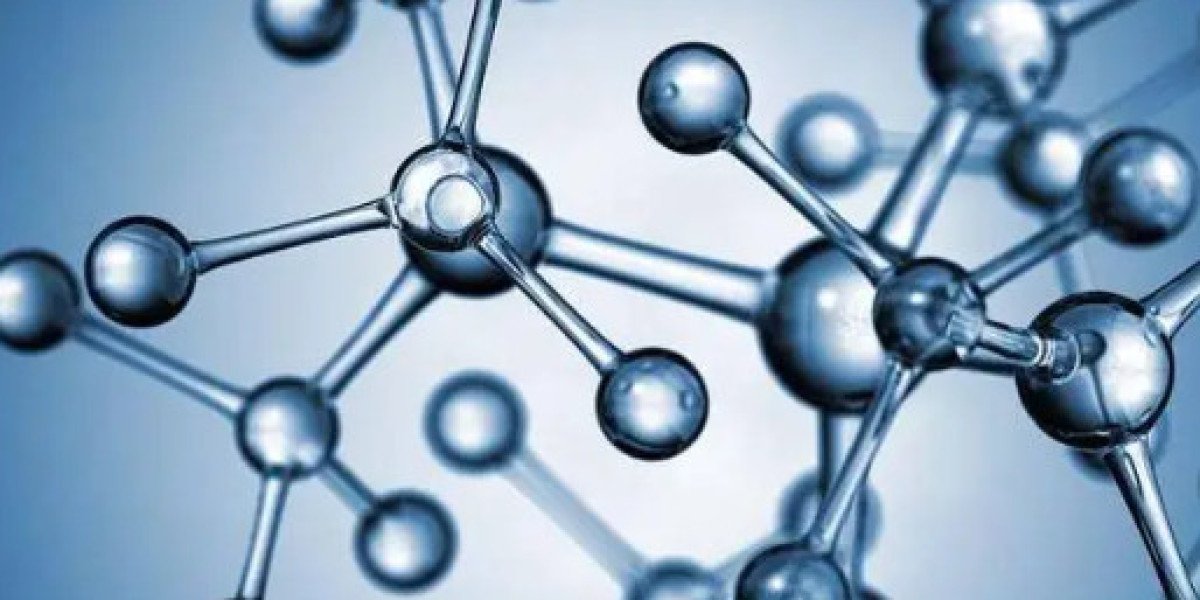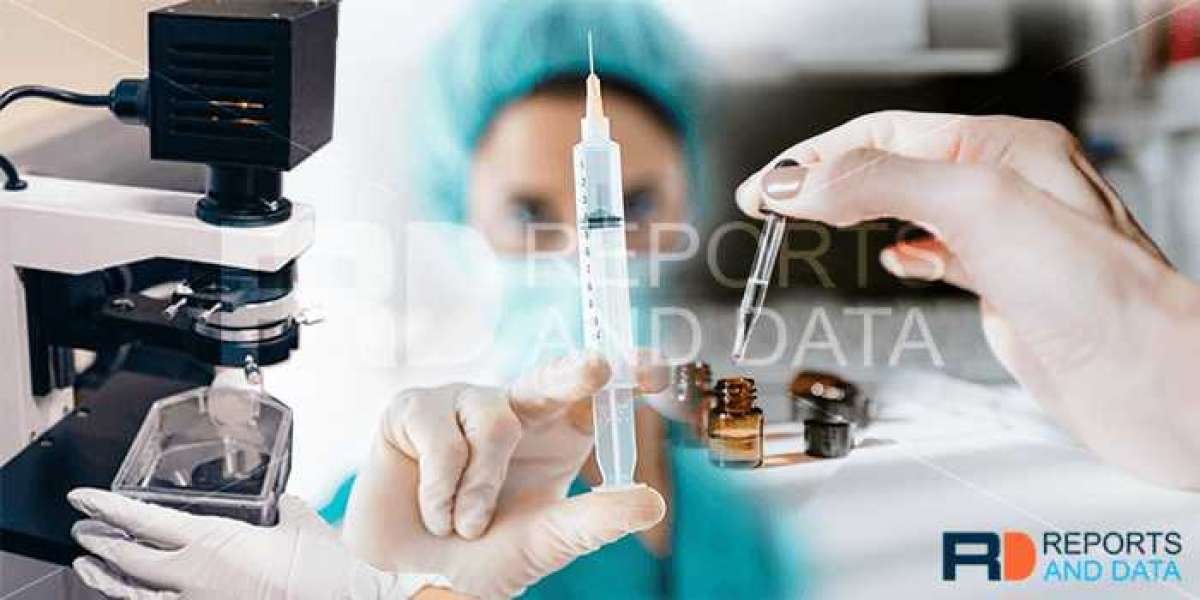With the increasing difficulty of new drug research and development, the competition in biopharmaceutical research and development is becoming increasingly fierce. Peptide drugs are situated between small-molecule chemical drugs and large-molecule protein and antibody drugs, balancing the advantages of small-molecule chemical drugs and large-molecule protein drugs. With stable properties and easy control of production processes, they have become a current research and development hotspot.
In recent years, the research and development of new chemical polypeptide drugs have been in full swing, focusing on diabetes, cancer, polypeptide * *, eye diseases, and other fields, mainly in microspheres, oral, in situ gel, and other dosage forms. Not only that, but peptide components can also be widely used in the field of cosmetics, with significant effects on anti-wrinkle, anti-aging, whitening, and freckle removal of the skin.
The chemical peptide drug industry in China is still in its infancy and growth stage, with huge development potential. However, currently, nearly half of the peptide drug molecules listed globally have not yet been launched in China, and the top ten peptide molecule products in sales have relatively low usage rates in China. Faced with this historical opportunity, Yao Zhi conducted a special interview with Liu Zhiguo, the founder and director of Zhejiang Paipeptide Biological Co., Ltd., to hear what experts see as the "peptide preparation empire"!
Rapid expansion! The global market for peptide drugs is booming
According to a 2013 report by the Global Peptide Therapy Foundation, the number of peptide drugs entering clinical development has been continuously increasing in the past few decades: in the 1990s, the average number of peptide drugs was 9.7, and between 2000 and 2010, it increased to 19.5. It can be foreseen that with the rapid progress of molecular biology and biochemical synthesis technology, the development of chemical peptide drugs will reach a new level, and peptide products will become a major category of products in the international pharmaceutical market, and their market prospects cannot be underestimated, "said Liu Zhiguo.
Peptide drugs are one of the research and development directions with broad market prospects in the pharmaceutical industry, which may replace existing small molecule chemical drugs in the future, "he said, including aspects such as anti-infection, anti-tumor, physiological regulation, and heart failure. Meanwhile, due to the characteristics of direct oral toxicity, short biological half-life, and long treatment cycles of most peptide drugs, the secondary development of existing peptide drugs to improve patient compliance is also a commercially valuable research and development direction.
Chemical Peptide drugs are a rapidly growing class of drugs in the market. At present, nearly 100 peptide products have been approved for market launch globally. In 2016, the global market size of peptide drugs reached 23.3 billion US dollars, accounting for 2% of the medical drug market share, with a 10-year compound growth rate of 10.80%. In recent years, the global peptide drug market has experienced a compound growth rate of over 12%, which is higher than the overall drug market. It is expected to reach $31.7 billion by 2020, including large varieties with a level of over $1 billion, such as gratis and liraglutide. Therefore, although the overall scale of peptide drugs is still small, with the maturity of synthesis technology and the development of formulation technology, peptide drugs have significant development space.
Search
Popular Posts
-
 UFABET สุดยอดเว็บพนันแห่งปี2022
By totoza564
UFABET สุดยอดเว็บพนันแห่งปี2022
By totoza564 -
 Call Girls Service In Chennai !! High Profile Call Girls Chennai
By sonal nair
Call Girls Service In Chennai !! High Profile Call Girls Chennai
By sonal nair -
 Dehumidifiers Malta - Get the Perfect Humidity Balance in Your Home
By dlgroupmalta
Dehumidifiers Malta - Get the Perfect Humidity Balance in Your Home
By dlgroupmalta -
 Shop Home Appliances in Malta | Get Quality Appliances at Low Prices
By dlgroupmalta
Shop Home Appliances in Malta | Get Quality Appliances at Low Prices
By dlgroupmalta -
 Escort in Vasant Vihar AKA Best Delhi Call Girls Service Provider
By Tulika Jain
Escort in Vasant Vihar AKA Best Delhi Call Girls Service Provider
By Tulika Jain



